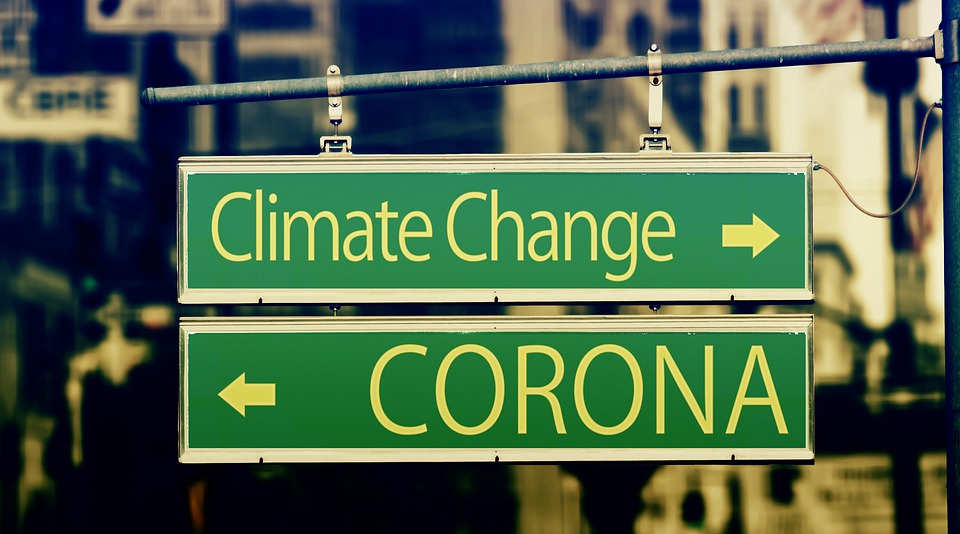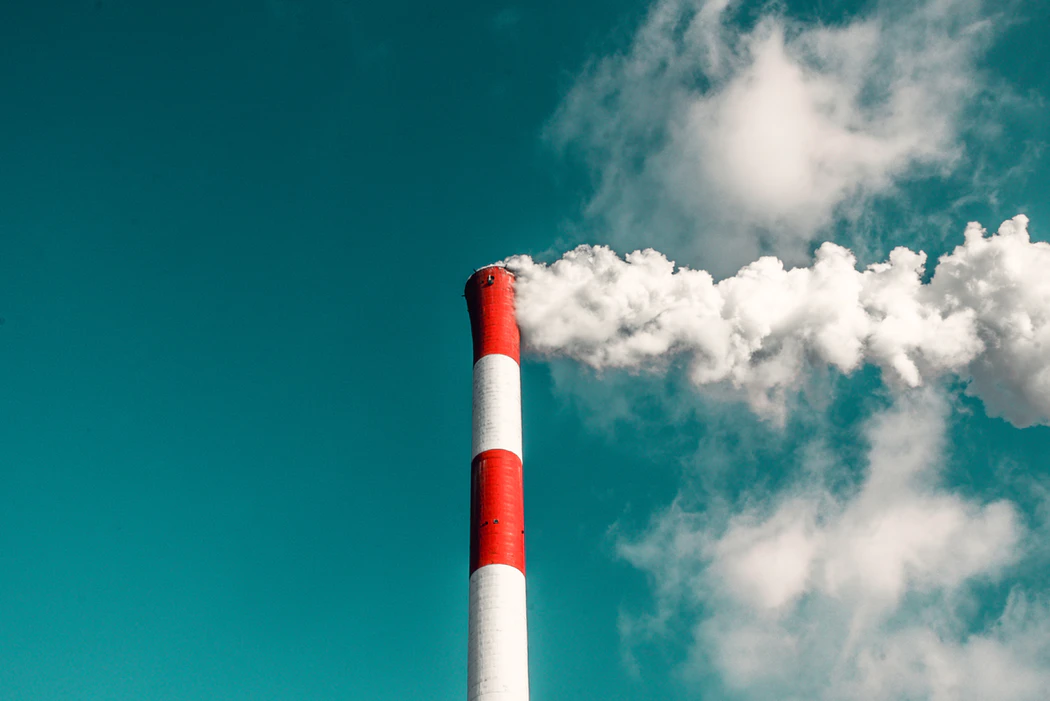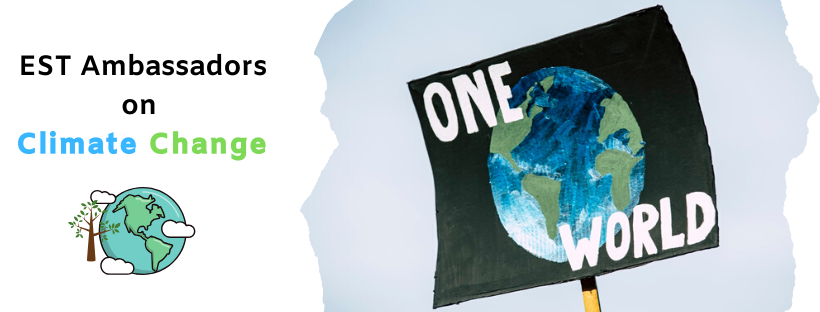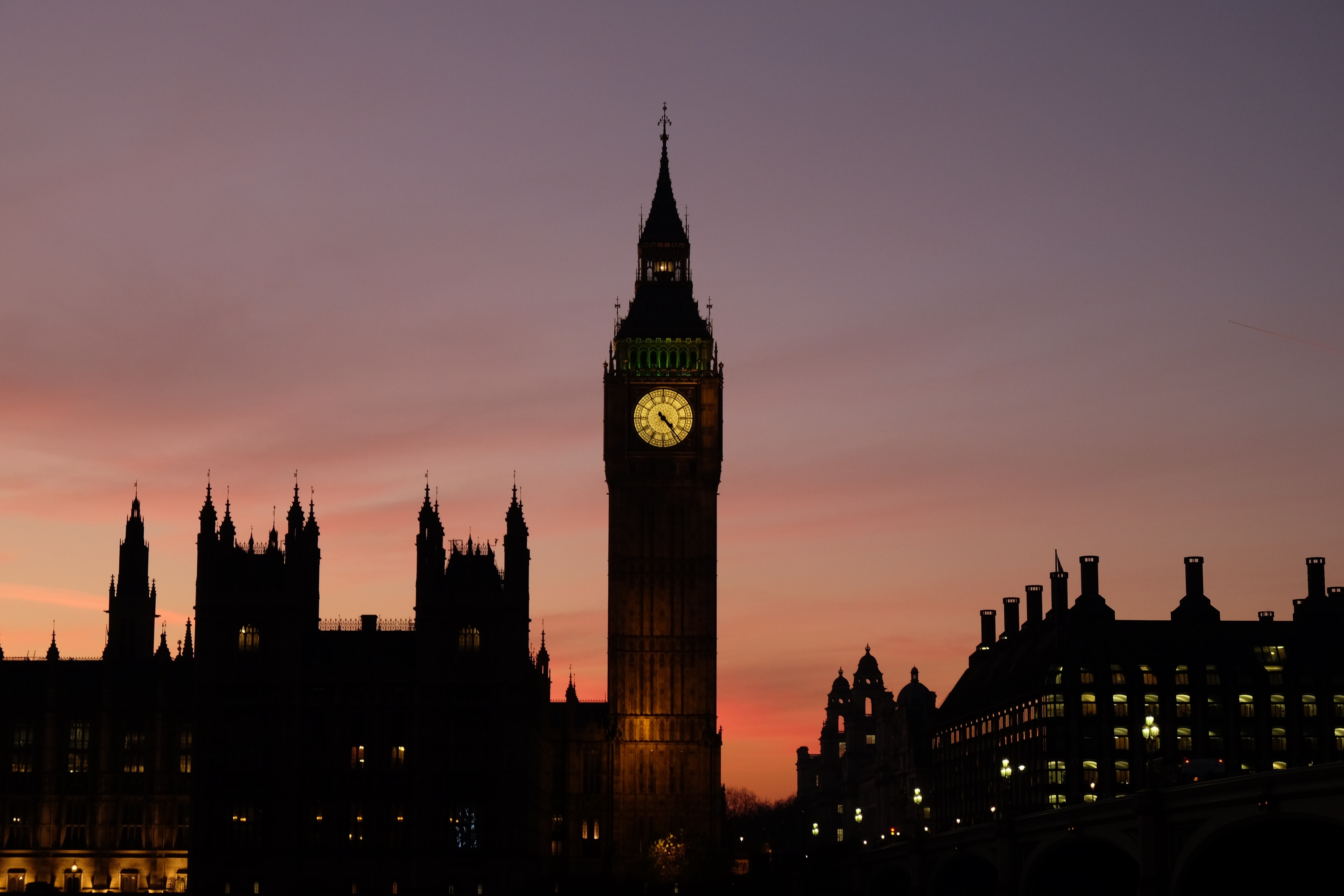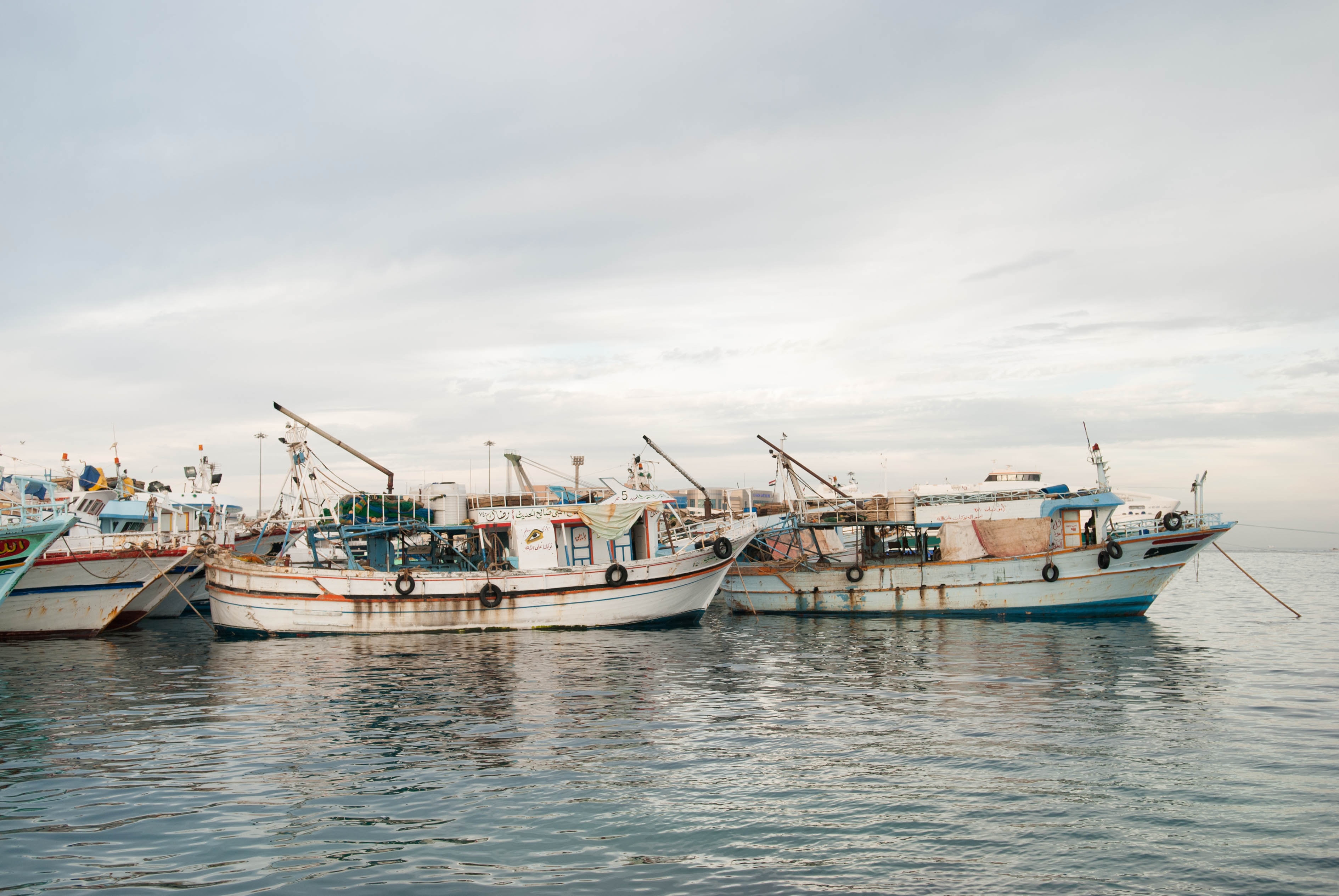
Written by Benedetta Mantoan
Our oceans have become an important asset in how we measure the impact of climate change, as they are threatened by pollution, acidification, loss of biodiversity, decreasing fish populations and coastal erosion. While reporting on the deteriorating health of our marine ecosystems, the First World Ocean Assessment (UN, 2015) stated how the ocean supports numerous high-value economic sectors such as fishing, transport, energy production, and tourism.
The 20th century saw unprecedented innovation in how we harness the economic value of our seas, and the consequence was an unregulated exploitation of many deep-sea resources. Legal and policy instruments have expanded since the 1970s, particularly with the formation of the United Nations Convention on the Law of the Sea (UNCLOS) in 1994. Although the Convention set rights on the management of states’ coastal seabeds and their resources, there are still challenges on the governance of areas beyond national jurisdictions.
With a growing awareness of vital environmental issues and the lack of a structured strategy to solve them, the United Nations launched the Decade of Ocean Science for Sustainable Development (2021-2030). It represents a motivation to join forces with the academic, private, and civil spheres in order to better manage our marine resources. The aim is threefold:
- To integrate research between science and its marine application;
- To establish a unified and global framework for proposing solutions to the 2030 Agenda, by providing funds and stimulating research projects;
- To build greater capacities for responding to national or regional priorities, in an informed and coordinated network (Ocean and Climate Platform, 2018).
As one of the opening benchmarks of the Ocean Decade, in this article, I intend to present the themes and outcomes of the High-Level Ocean and Climate Conference, held in Paris on the 10th and 11th of September 2018. The conference was organized by the Ocean and Climate Platform, the Intergovernmental Oceanographic Commission (IOC) and UNESCO, in view of the approaching decade.
Almost 500 participants from multiple governments, civil organisations, and scientific institutions came together in the UNESCO office in Paris. The event sought out different stakeholders to create a vision of “the ocean we need, for the future we want”. For the first time, at the 21st Conference of the Parties (COP21) in Paris, the ocean was fully integrated into the Paris Agreement on Climate Change. In that moment, the Ocean and Climate Platform was born, putting forward a mobilisation of scientific-driven actions and the creation of an ocean-community of stakeholders. The conference highlighted several leading scientific studies and key trends developing in ocean management, and then proceeded to reflect on how the next decade will move “from science to actions”. The event itself was made up of two sessions and one special session per day.
One of the standout opening moments was the speech of Frédérique Vidal, French Minister of Higher Education Research and Innovation. She underlined the importance of science-based decision making in order to reach the goals set in COP21. Quoting the example of France, she stressed the efficacy of International Legally Binding Instruments (ILBI) for the regulation of Areas Beyond National Jurisdiction (BBNJ), as the ocean and its resources are a common good and the parameters should be governed with an international instrument under the United Nations Convention on the Law of the Sea (UNCLOS).
The first session looked for an answer to the question: “what does science tell us today about the ocean?” The discussion went from technologies monitoring ocean research, to climate change’s negative impact on water quality. William Cheung, Associate Professor at the University of British Columbia, explained the fundamental importance of collaborating with key communities in order to assess the risks posed to society’s most vulnerable, such as those dependent on fishing. During the second session, panelists stated that the current rate of progress meant all countries part of the deal were a long way off of reaching the goals set in the Paris Agreement. The new imperatives work on capacity building in developing countries and integrating marine ecosystems into economic activities.
As the first part of the conference contextualized problems related to the exploitation of our oceans, the second part of the discussion turned towards finding the right policies to make the upcoming decade as successful as possible.
Torsten Thiele, Economist of Global Ocean Trust, talked about new sources of finance for the ocean, and the importance of conservation and innovation in areas affected by climate change. He stressed the concept of blue natural capital, and that its services have to be viewed from an economic perspective. The pathway for ocean finance must be supported by risk assessments, namely delivering data-based scenarios in order to regulate such investments. I found this to be one of the most interesting speeches of the entire event: ocean resources are finally being viewed as finite goods, meaning that they must be treated and used as efficiently as possible. As we benefit from the ecosystems of our oceans (tourism, food, etc), we must also secure an efficient restoration of these resources, in order to guarantee their long and sustainable use.
In conclusion, Lisa Svensson, Director of the Ocean and Marine Programme, UN Environment, said the Ocean Decade needs to: reach a wider public, increase financing for ocean-related activities, improve science-policy exchanges, and include the private sector in ocean conservation.
Certainly, these final remarks addressed the relative purpose of the Ocean Decade. Integrating research with its direct application will change the paradigm of how we use marine resources, from mere exploitation to sustainable use. The long and arduous process of the Ocean and Climate event will be followed by a long list of further international meetings. Each one will be held in a different city and cover a specific subject, such as disaster recovery, biodiversity, or the Pacific Islands.
Last but not least, the creation of an informed network of building capacities requires deeper informative work. I think that events such as the High-Level conference should be scaled down, in order to reach a wider public. Public institutions, such as schools or municipalities, could represent a better way to raise awareness amongst citizens of all ages, on the issue of managing our resources for the future. Examples of successful multi-sectoral collaboration can be found in the community-based management of coastal resources, both in developed (Norway and Japan) and developing countries (the Philippines and Indonesia). In such cases, cooperation between political authorities, academia, fishers, and the industries of tourism and seafood, works to identify local needs, a fundamental component used to plan for future policies. As the bottom-up approach shows an increasing efficiency in resource management, the next Ocean Decade could emphasize this in order to produce more effective regional frameworks.
Benedetta Mantoan is from Italy. After a bachelor degree in Japanese Studies at the Ca’ Foscari University in Venice, she is now a recent MA graduate in “Politics, Society and Economy of Asia” at Leiden University, The Netherlands. Her strong interest in East and Southeast Asian culture is combined with a genuine passion for sustainable development and nature conservation.
References
“From COP21 towards the United Nations Decade of Ocean Science for Sustainable Development (2021-2030)”, (2018). Ocean and Climate Platform. Available at: https://ocean-climate.org/?p=5303&lang=en
Nicole de Paula (2018). High Level Ocean and Climate Conference Bulletin. A publication of the International Institute for Sustainable Development. Available at: http://enb.iisd.org/download/pdf/sd/enbplus186num14e.pdf
United Nations Decade of Ocean Science for Sustainable Development (2021-2030). UNESCO website. Available at: https://en.unesco.org/ocean-decade/about

 The ’Ndrangheta’s Infiltration and Threat to European Institutions
The ’Ndrangheta’s Infiltration and Threat to European Institutions  From Paper to Practice: How Grassroots Norms Undermine Gender Rights in Pakistan
From Paper to Practice: How Grassroots Norms Undermine Gender Rights in Pakistan  Exploited Childhoods: The Role of Global Corporations in Perpetuating and Mitigating Child Labour
Exploited Childhoods: The Role of Global Corporations in Perpetuating and Mitigating Child Labour  Human Rights Challenges in Addressing SLAPPs in Media, NGOs and Journalism in the EU
Human Rights Challenges in Addressing SLAPPs in Media, NGOs and Journalism in the EU 